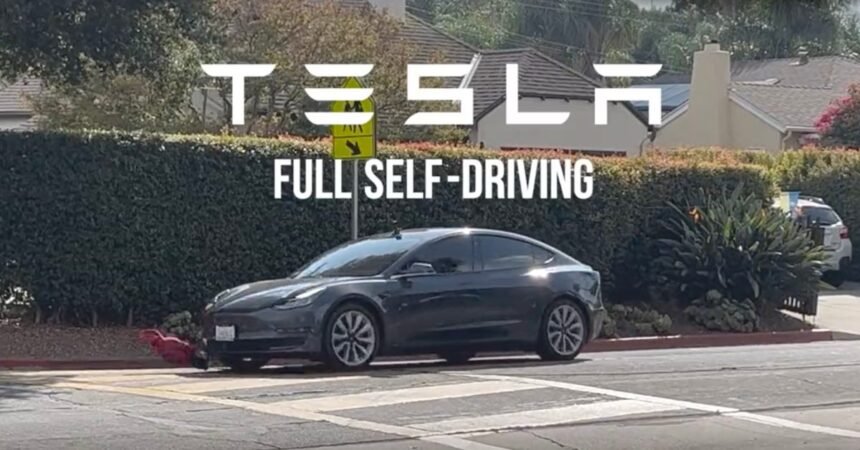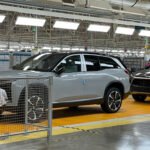Tesla has faced backlash after an arbitrator ruled in favor of a customer who demanded a refund for the Full Self-Driving package that the automaker failed to deliver. This package was marketed as providing unsupervised self-driving capabilities through over-the-air software updates for vehicles built since 2016. However, Tesla has yet to fulfill this promise, leading to skepticism among customers.
In a recent development, CEO Elon Musk admitted that even the HW3 computers, which were supposed to support self-driving, would need upgrading. This has left many owners questioning Tesla’s ability to deliver on its promises and manage the situation effectively. The company is now focusing on HW4 cars for self-driving capabilities, but doubts remain about its feasibility.
One Tesla owner in Washington, Marc Dobin, sought a refund for the FSD package due to his wife’s declining mobility. Despite facing obstacles such as Tesla’s arbitration process, Dobin eventually succeeded in getting reimbursed $10,000 plus taxes for the package. The arbitrator ruled in his favor, highlighting Tesla’s failure to deliver a functional feature as promised.
Tesla’s resistance to refunding customers for undelivered services raises concerns about its commitment to customer satisfaction. The company’s decision to contest refunds in arbitration, despite knowing the associated costs, reflects poorly on its customer service practices. It is essential for Tesla to prioritize transparency and accountability in addressing customer grievances, especially regarding unfulfilled promises such as self-driving capabilities.
In conclusion, Tesla’s handling of the FSD package refund case underscores the importance of fulfilling promises made to customers. By prioritizing customer satisfaction and being transparent about product capabilities, Tesla can rebuild trust and ensure a positive relationship with its clientele. It is crucial for the company to address concerns surrounding self-driving technology and take proactive steps to deliver on its commitments.







